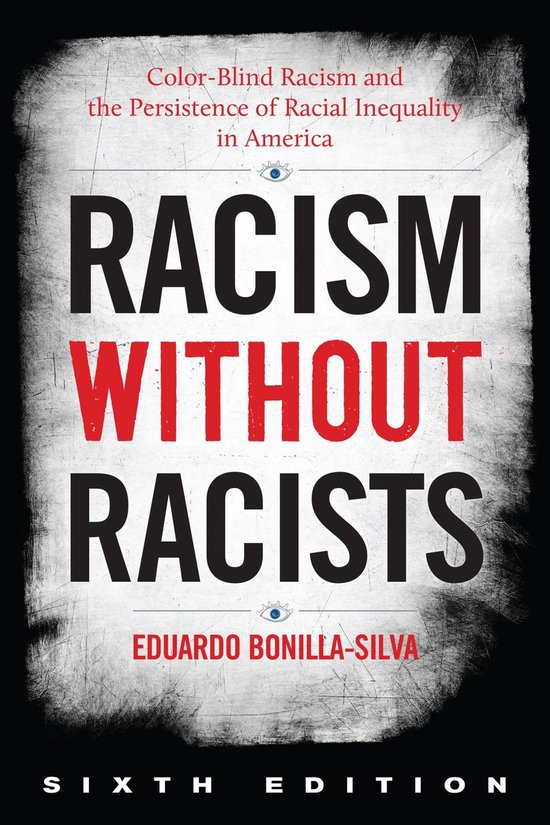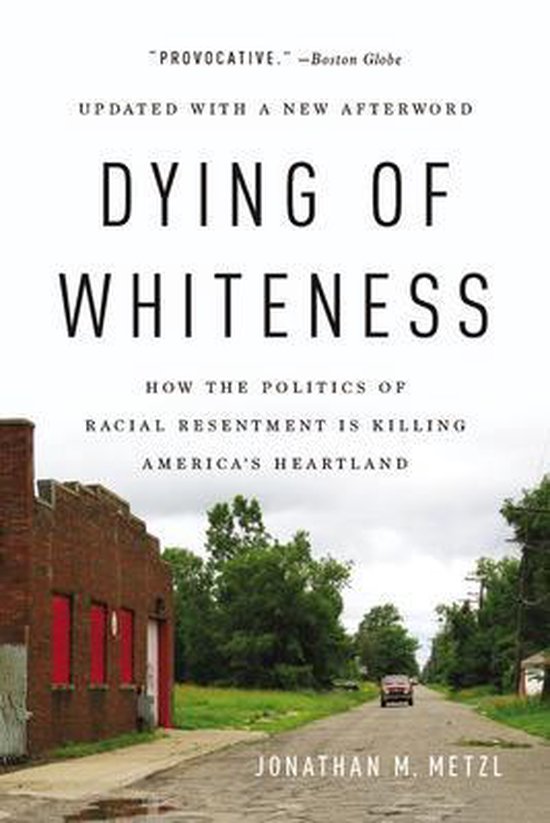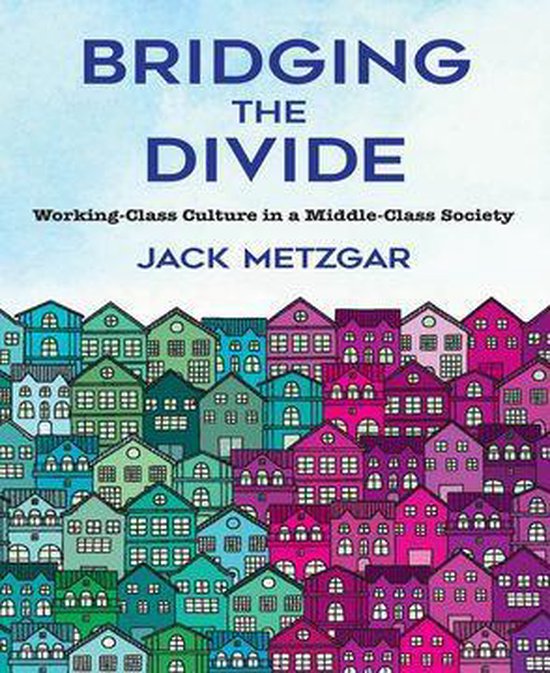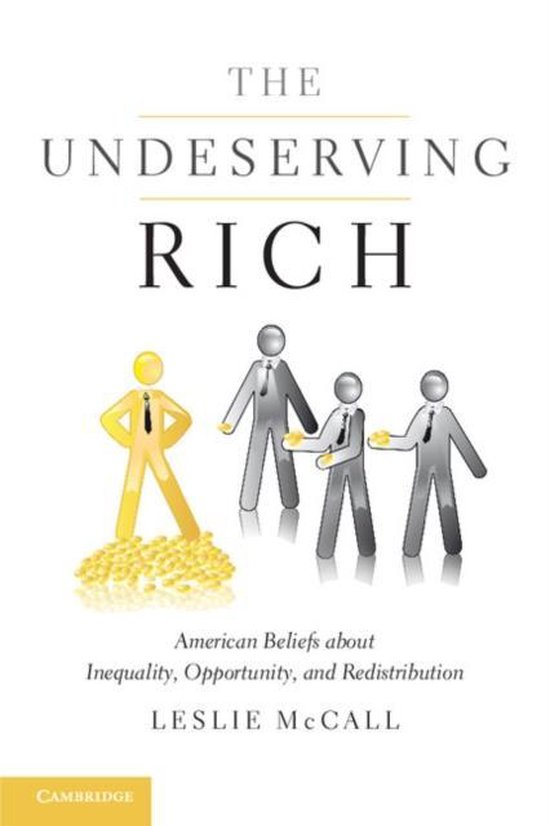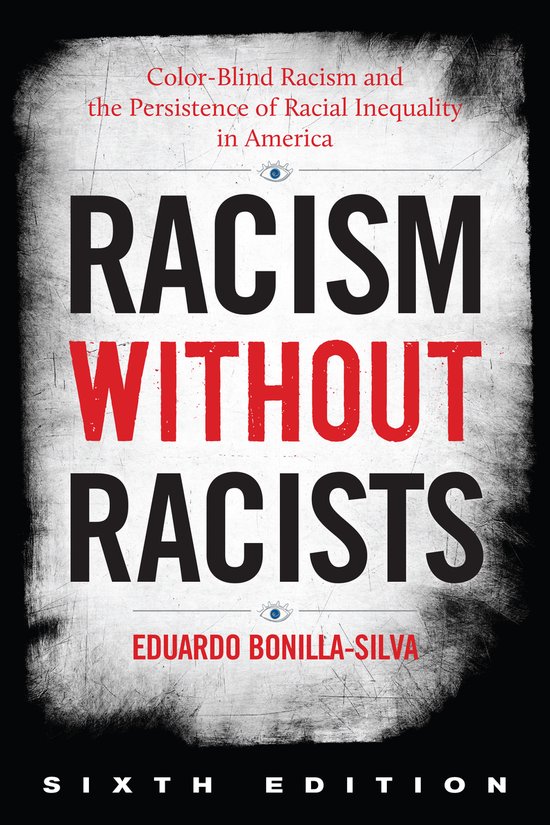
Racism without Racists
Racism Without Racists examines in detail how Whites talk, think, and account for the existence of racial inequality, and argues that color-blind racism has emerged as the fountain of frames, stylistic components, and racial stories Whites rely on to articulate their views on racial affairs.
Racism Without Racists examines in detail how Whites talk, think, and account for the existence of racial inequality. The main argument of the book is that color-blind racism, a new racial ideology that emerged in the post-Civil Rights era, has emerged as the fountain of frames, stylistic components, and racial stories Whites rely on to articulate their views on racial affairs. Relying on systematically-gathered interview data, Bonilla-Silva not only de constructs the main elements of this ideology, but also explains how the ways most Whites live their lives (the “white habitus”) is central to the reproduction of this ideology, why a specific segment of the White community is more racially progressive, and accounts for how Blacks are effected by the ideology. In this edition, the author has added a very didactic chapter discussing what makes “systemic racism” systemic and another examining how color-blind racism framed many issues during the pandemic.
| Auteur | | Eduardo Bonilla-Silva |
| Taal | | Engels |
| Type | | Paperback |
| Categorie | | Mens & Maatschappij |
